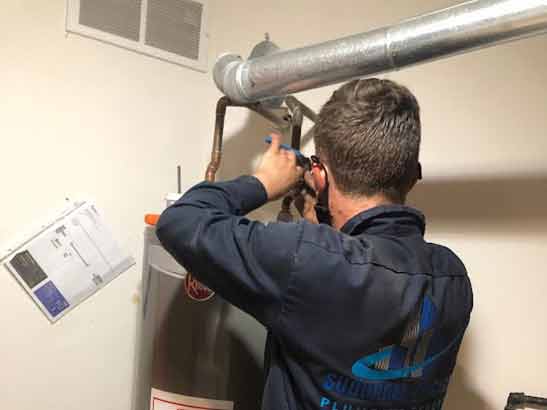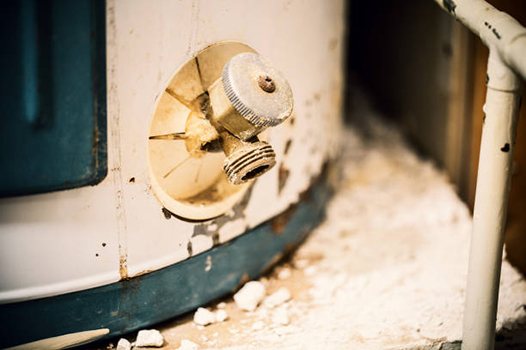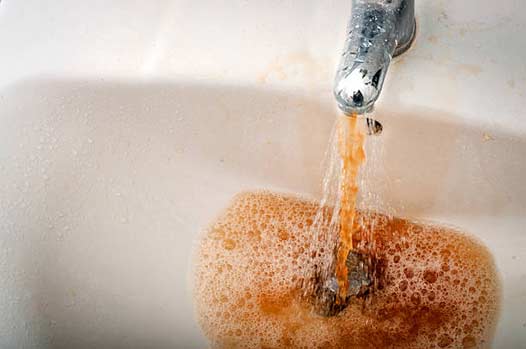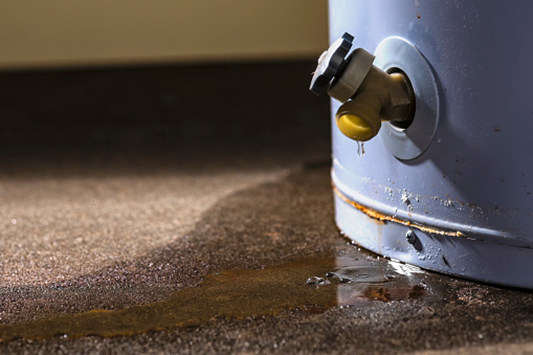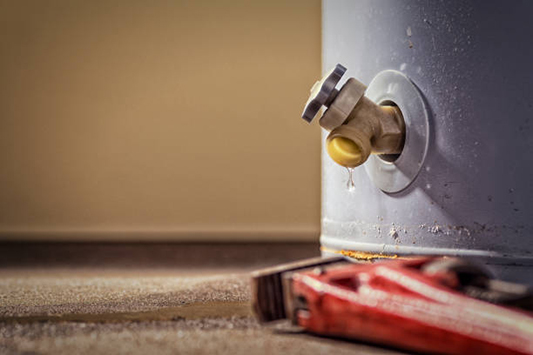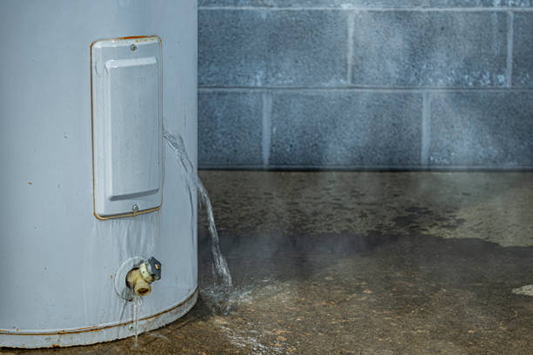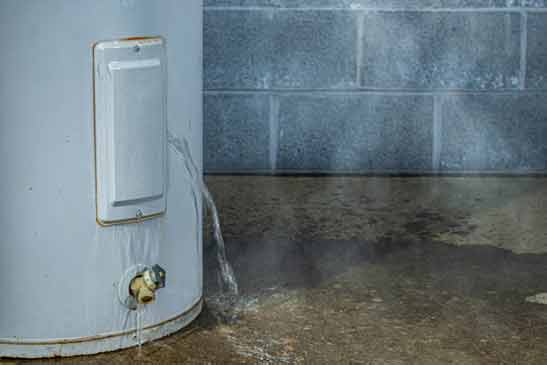When it comes to maintaining a comfortable and functional home, few things are as important as having a reliable water heater. However, it can be frustrating and inconvenient when your water heater suddenly stops working. In Chicago, where the weather can be harsh and unforgiving, having hot water is essential for everyday tasks such as bathing, cooking, and cleaning.
In this article, we will explore some common reasons why your water heater may have stopped working in Chicago. Whether you are a homeowner or a renter, understanding the potential issues that can cause a water heater breakdown can help you diagnose the problem and take the necessary steps to resolve it.
The Importance of a Well-Functioning Water Heater
A water heater is a vital appliance in any household, providing hot water for showers, baths, washing dishes, and doing laundry. Having a well-functioning water heater can greatly enhance the quality and comfort of your daily life. Additionally, it can also help prevent the growth of bacteria and ensure proper sanitation in your home.
When your water heater stops working, it can disrupt your routine and make simple tasks much more challenging. That is why it is crucial to be aware of the common reasons why water heaters malfunction, so you can quickly address the issue and restore hot water in your home.
Possible Reasons for Water Heater Malfunction
Sediment Buildup
Over time, sediment such as sand, dirt, and minerals can accumulate at the bottom of your water heater tank. This buildup can cause various issues, including reduced efficiency and a decrease in the amount of hot water produced. Sediment can also lead to clogging of the heating element, resulting in a complete shutdown of your water tank.
To prevent sediment buildup, it is essential to flush your water heater regularly. This involves draining the tank to remove any accumulated sediment. If you notice a decrease in your water heater’s performance or any unusual noises coming from the tank, sediment buildup could be the culprit.
Thermostat Issues
The thermostat is responsible for regulating the temperature of the water in your heater. If the thermostat malfunctions, your water heater may stop producing hot water altogether or may produce water that is too hot or too cold. Thermostat issues are often caused by faulty wiring, a malfunctioning sensor, or a defective thermostat itself.
If you suspect a thermostat problem, it is best to contact a local Chicago plumber who can accurately diagnose the issue and replace any faulty components.
Heating Element Failure
Electric water heaters rely on heating elements to warm the water. Over time, these heating elements can deteriorate or burn out, resulting in a lack of hot water. If you have an electric water heater and are experiencing a complete loss of hot water, a faulty heating element is a likely culprit.
Replacing a heating element requires technical expertise, so it is recommended to seek the assistance of a qualified professional to ensure the replacement is done safely and effectively.
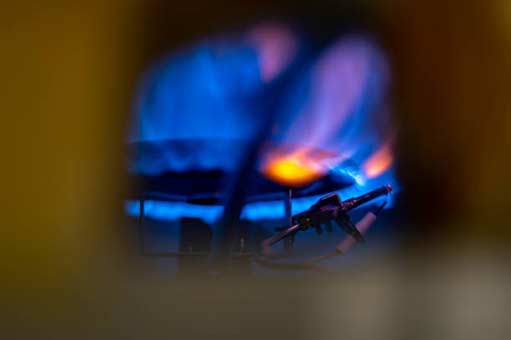
If you are comfortable doing so, you can try relighting the pilot light yourself by carefully following the manufacturer’s instructions
Pilot Light Problems
Gas water heaters utilize a pilot light to ignite the gas burner, which then heats the water. If the pilot light goes out, your water tank will no longer be able to produce hot water. Common causes of pilot light failure include a clogged pilot tube, a faulty thermocouple, or a gas supply issue.
If you are comfortable doing so, you can try relighting the pilot light yourself by carefully following the manufacturer’s instructions. However, if you are unsure or if the pilot light continues to go out, it is advisable to contact a professional technician to assess the situation.
Gas Supply Issues
In some cases, a water heater may stop working due to problems with the gas supply. Gas-powered water heaters require a consistent supply of fuel to effectively heat the water. If there is a disruption in the gas supply, such as a gas leak or a problem with the gas meter, your water heater may fail to function properly.
If you suspect a gas supply issue, it is essential to prioritize your safety and contact your gas provider immediately. They will be able to assess the situation and take the necessary steps to ensure the safety of you and your home.
To Sum it Up
A water heater breakdown can be a major inconvenience, especially in a city like Chicago where hot water is essential to combat the cold weather. Understanding the common reasons why water tanks stop working can help you quickly identify and resolve the issue.
Whether it is sediment buildup, thermostat problems, heating element failure, pilot light issues, or gas supply disruptions, it is important to address these problems promptly. If you are unsure about the cause of the malfunction or if you are not comfortable with DIY repairs, it is best to seek the assistance of a professional plumber who can accurately diagnose the issue and provide the necessary repairs or replacements.
By taking proactive measures to maintain your water heater and addressing any problems promptly, you can ensure the continuous supply of hot water in your home and enjoy the comfort and convenience it brings.
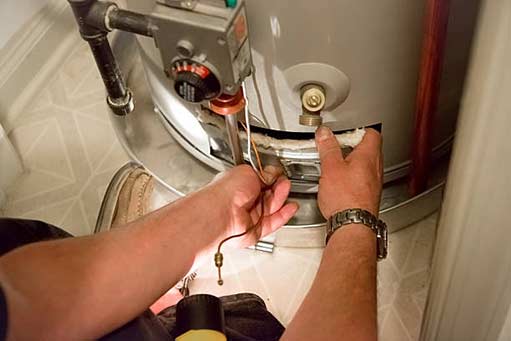
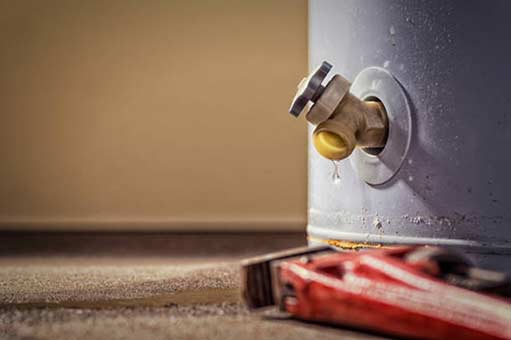
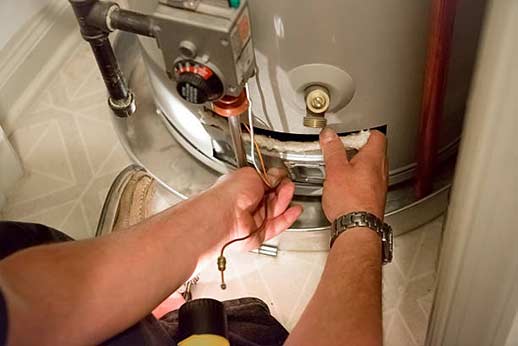
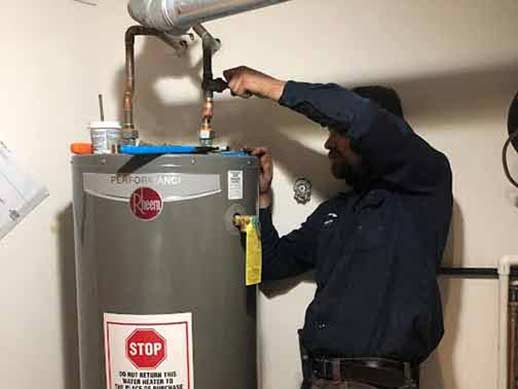
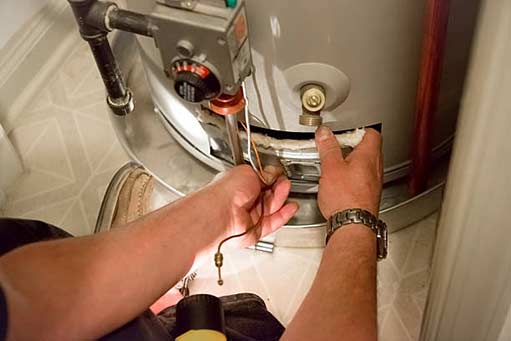
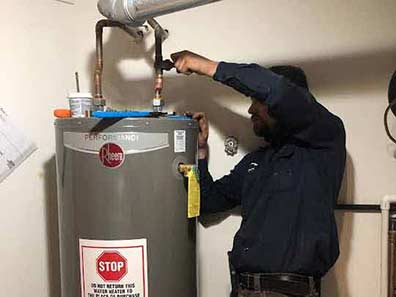
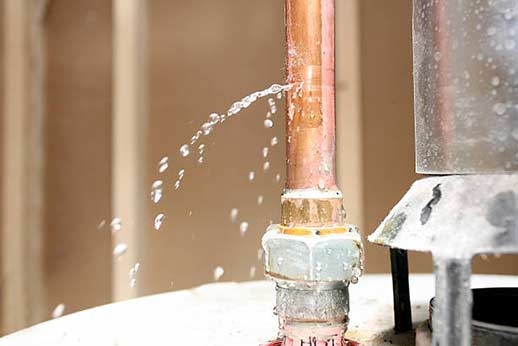 `
`
